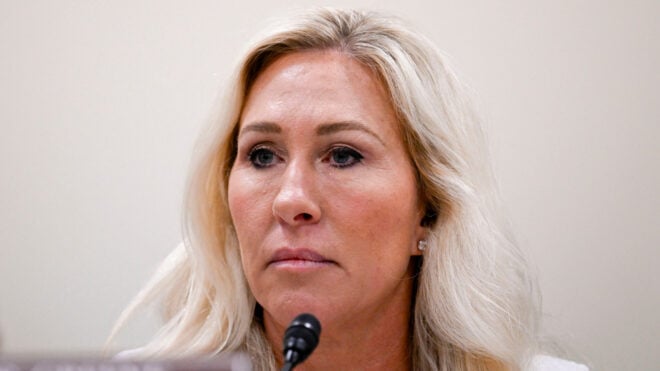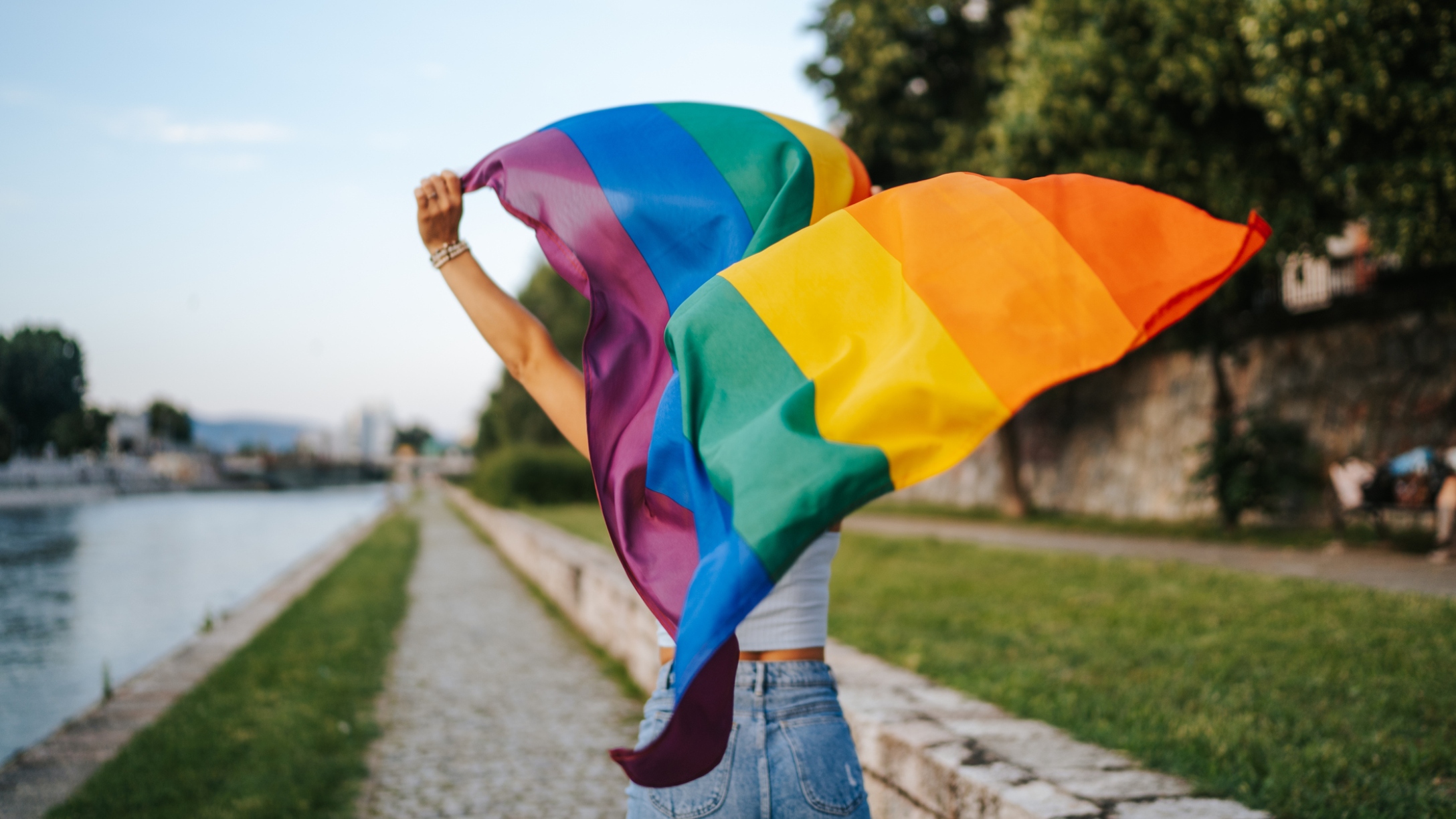
June is Pride Month, which is a time where we collectively celebrate LGBTQ+ voices throughout the United States. Hopefully, your home is a place where LGBTQ+ voices are celebrated all year long, but if it's not, it's never too late to begin doing exactly that.
If you (a) don't identify with the LGBTQ+ community but do identify as an ally and (b) have kids, then it is probably important to you to instill that same allyship in your own children. It can feel tricky to know exactly how to introduce allyship to children, especially very young children, but luckily it's not nearly as hard as it might feel.
More from LittleThings: How To Show Support And Celebrate When A Friend's Child Comes Out As LGBTQ+
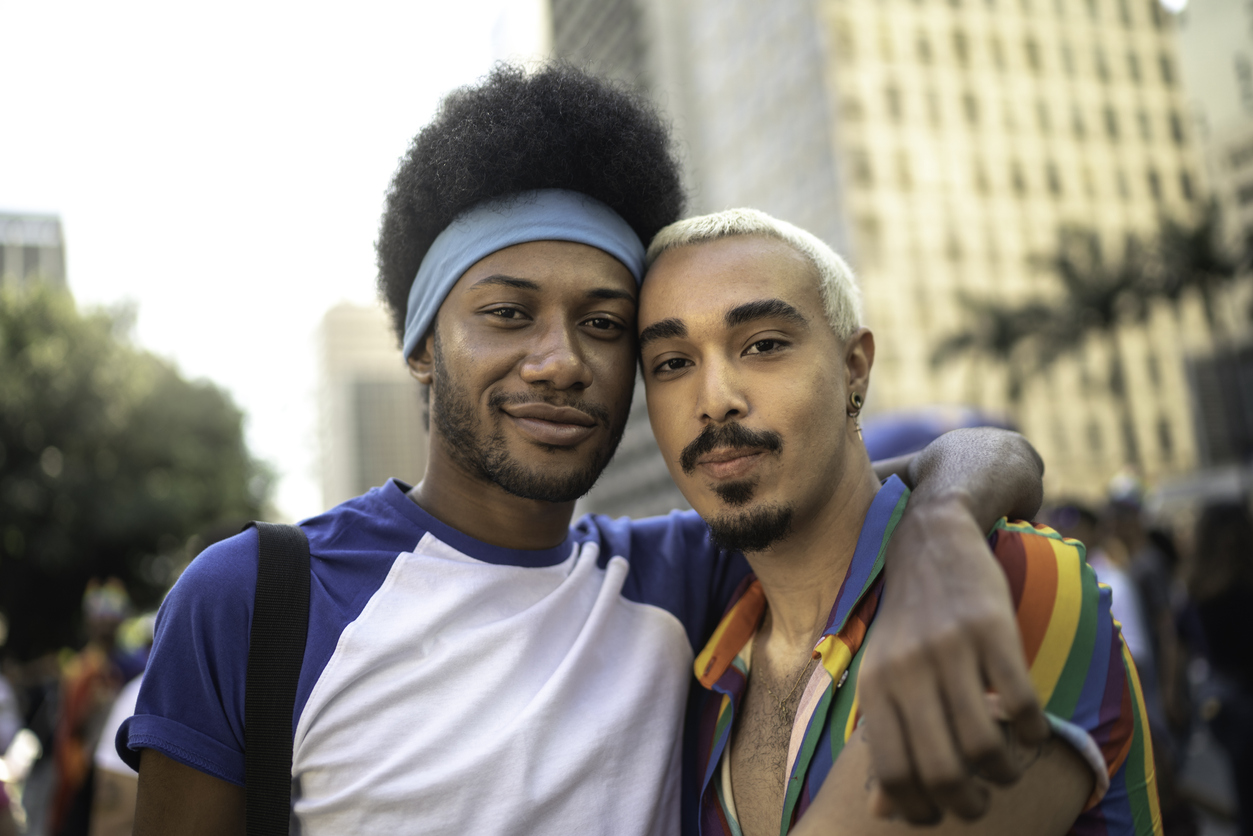
First things first — let's define a few terms:
Cisgender: A person whose understanding of their own identity and their gender corresponds with their biological sex at the time of their birth. In other words, I was born biologically female, and both my identity and my gender expression are female. I'm cisgender.
Ally: An ally is usually someone who is not a member of a community but who supports that community through activism, monetary donations, and other ways. An ally does more than simply verbalize support; an ally takes actions that help protect the community they care about.
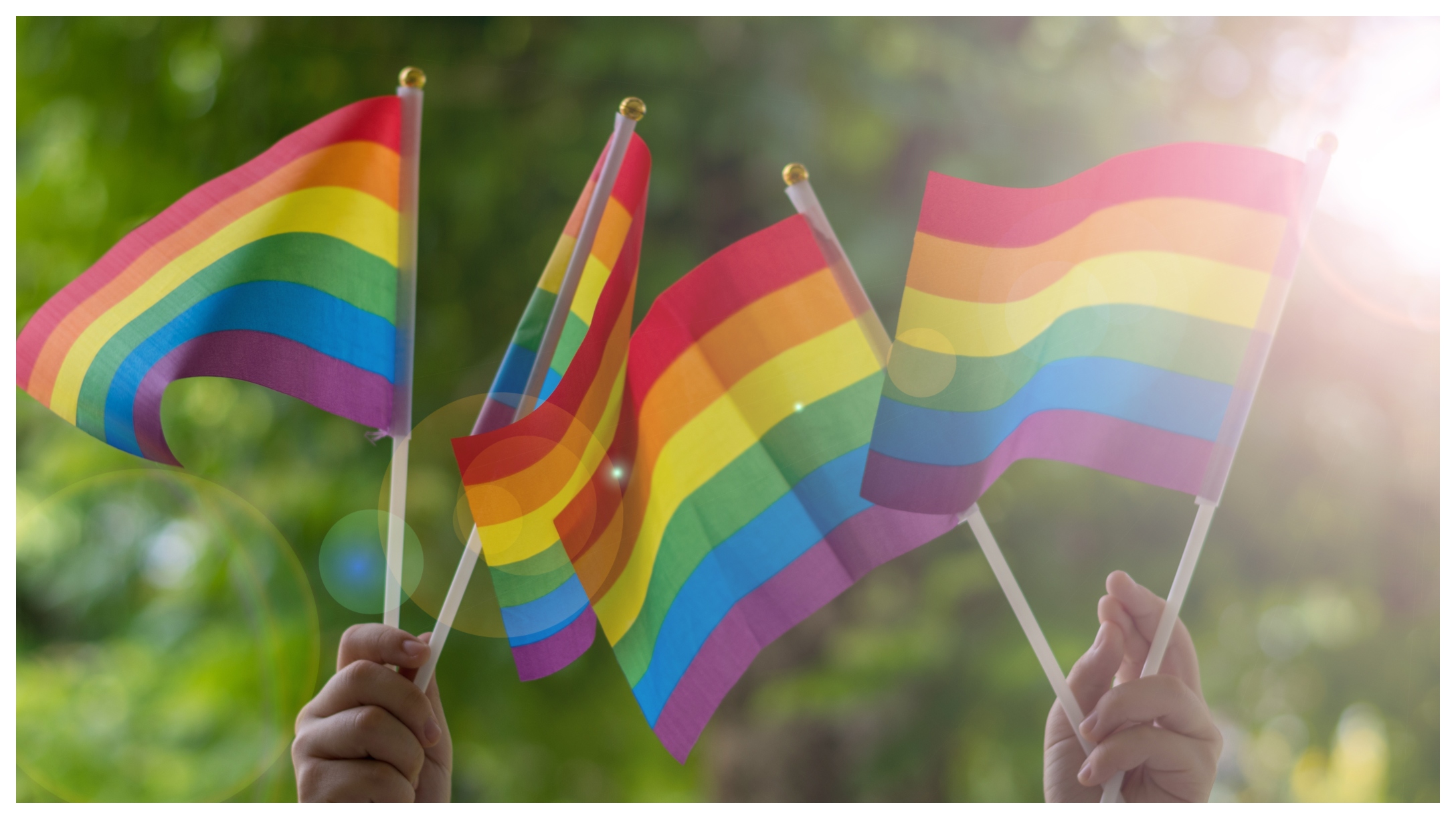
If you're a cisgender parent like I am, you might feel like you can't effectively speak for the LGBTQ+ community, no matter how great of an ally you are. And that's true: You can't. But you can speak in support of that community, and you can instill that enthusiastic support in your own children.
Teach your kids about privilege.

One of the earliest conversations you need to have with your children is about privilege: what they have, how they have it, and how they can use it. I'm a white cisgender female, so I already have a lot of privilege. My son is a white cisgender disabled male, but his disability isn't obvious all of the time. He also moves around the world with a lot more privilege than most people do.
It's crucial to have conversations about privilege as early as you can with your kids, and that is even more important the more privilege your children have. Privilege is what allows oppression of less-privileged groups to continue around the world. By ignoring privilege in these conversations, or by trying to skirt the issue, we allow our children to believe the problem is outside of themselves. Anyone with privilege has a responsibility to understand that privilege and to wield it for good.
Reach out and ask for the information you need.
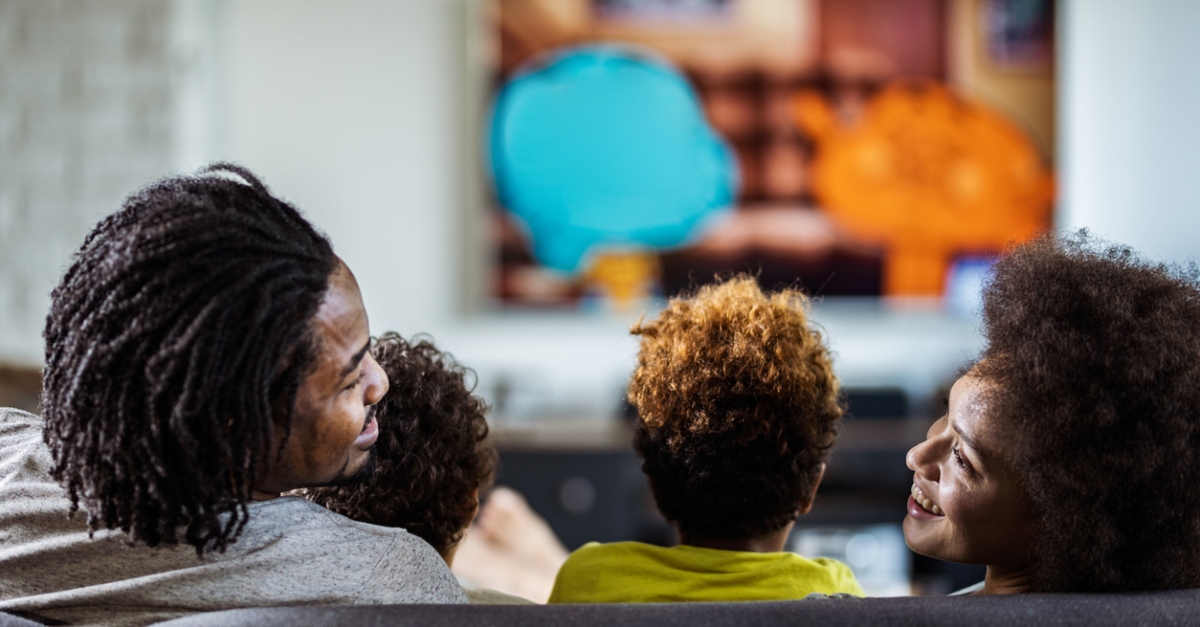
It's also important to recognize that none of us are perfect, and none of us have all the information and education we need. It's perfectly OK to not be the wokest LGBTQ ally. Luckily, there are lots of resources out there for parents who need to educate themselves before they educate their children.
It can be tempting to reach out to your LGBTQ+ friends and ask for advice, but understand that the onus of responsibility for your education, and for the education of your children, is on you. Instead, try to look online for your own resources first.
Understand that you won't be a perfect ally.
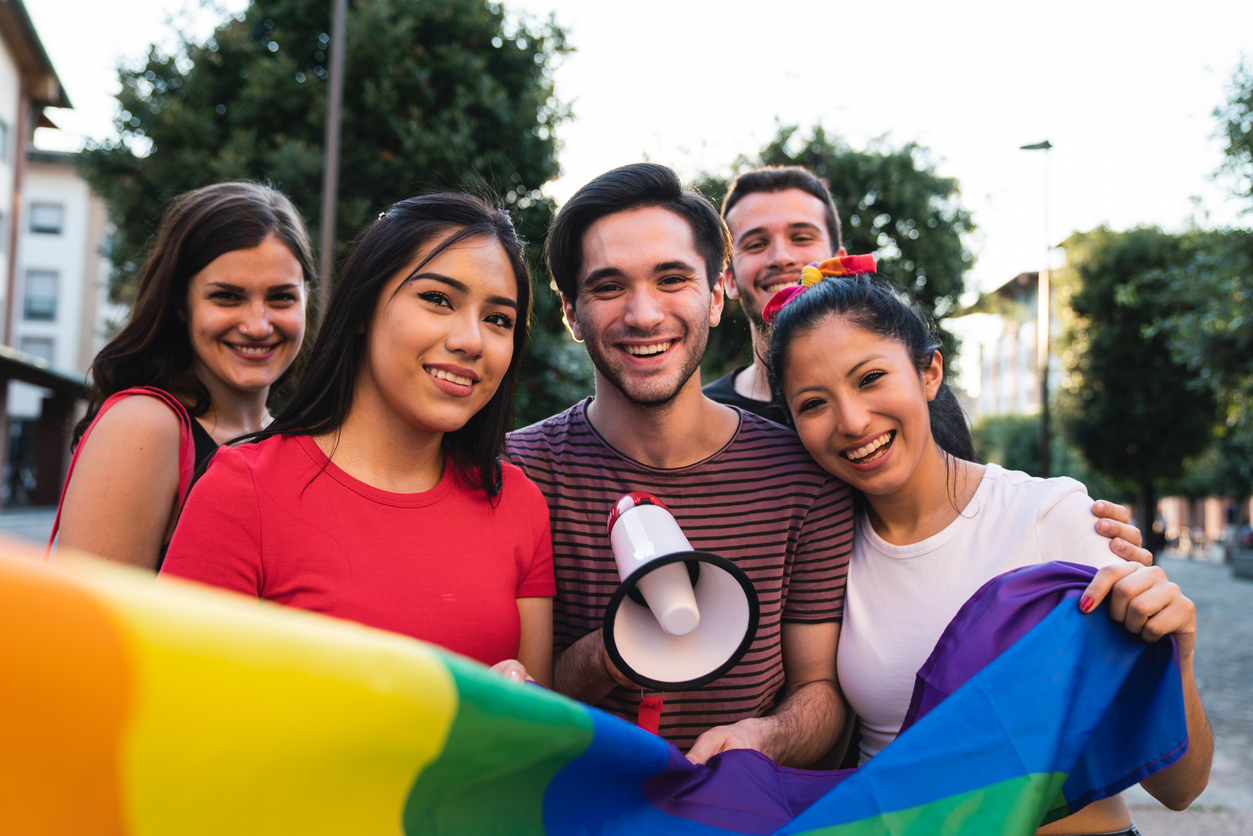
Here's the thing about being an ally: There are a lot of opportunities to mess up. And that's OK! What's important is how you respond to being told that you messed up. If you're ingratiating yourself with your local LGBTQ+ community in a way that members of that community don't feel comfortable with and you get called out, don't get defensive — just listen. Avoid over-apologizing, and just do the work you need to do to learn more.
This is also true for your kids. Make sure they know that they aren't expected to be perfect allies from the beginning and that everyone is learning together.
Make sure your allyship is visible in many ways.
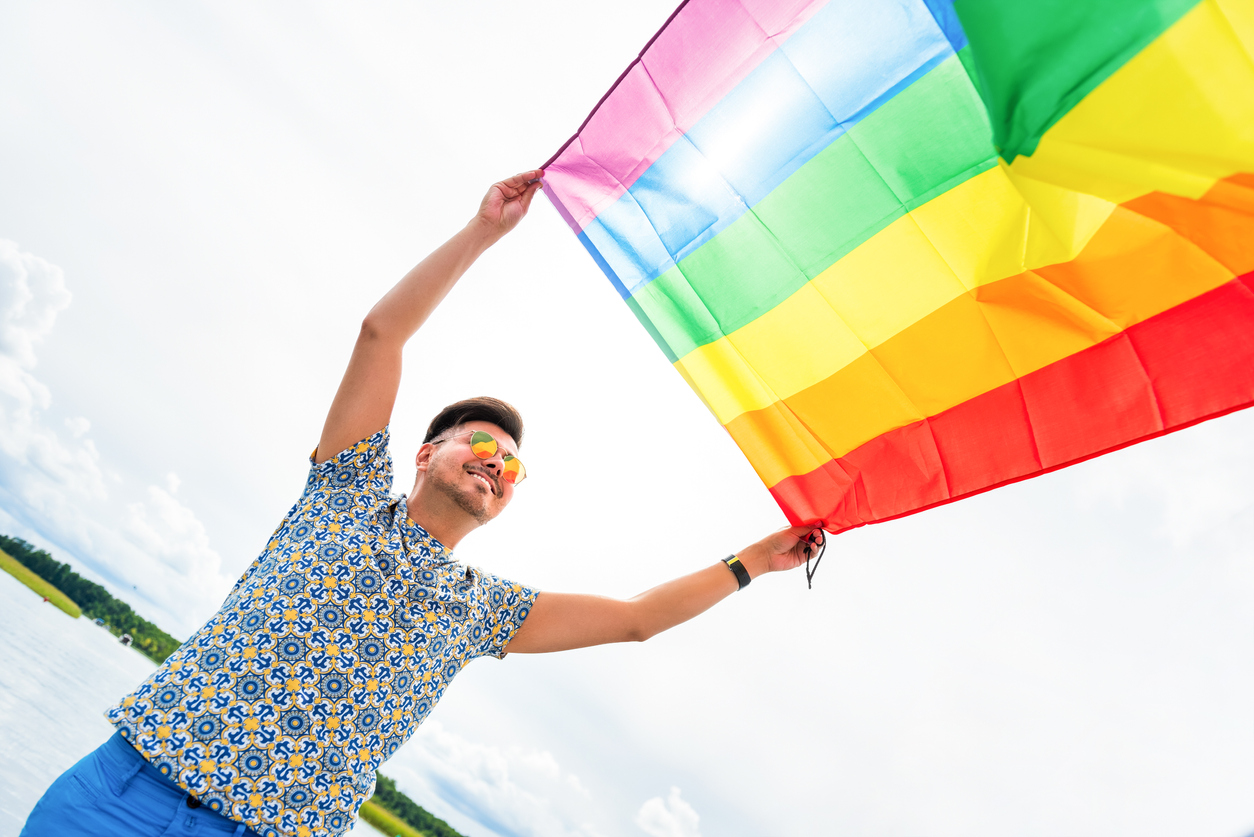
Having conversations with your children about being an LGBTQ+ ally is crucial, but it's also important that this allyship is actually in their real lives. When you're talking to your kids about Pride Month, make sure you are also doing some combination of the following:
- Attend Pride parades and events (virtual or offline).
- Read books written by LGBTQ+ authors.
- Watch movies and TV shows featuring positive LGBTQ+ role models and people.
- Learn about the history of Pride together.
- Choose one LGBTQ+ supportive organization to donate to and/or volunteer with.




